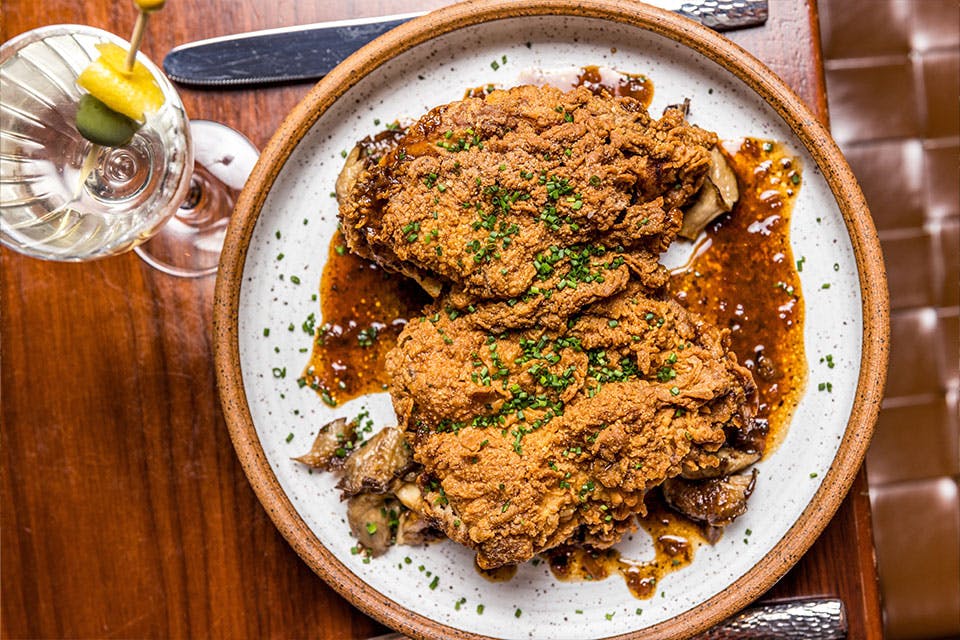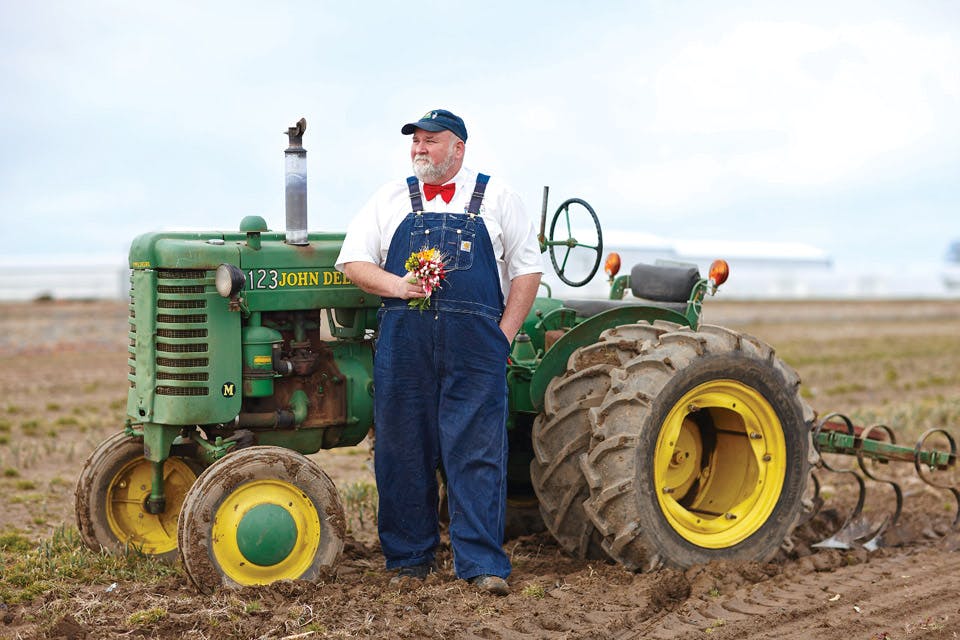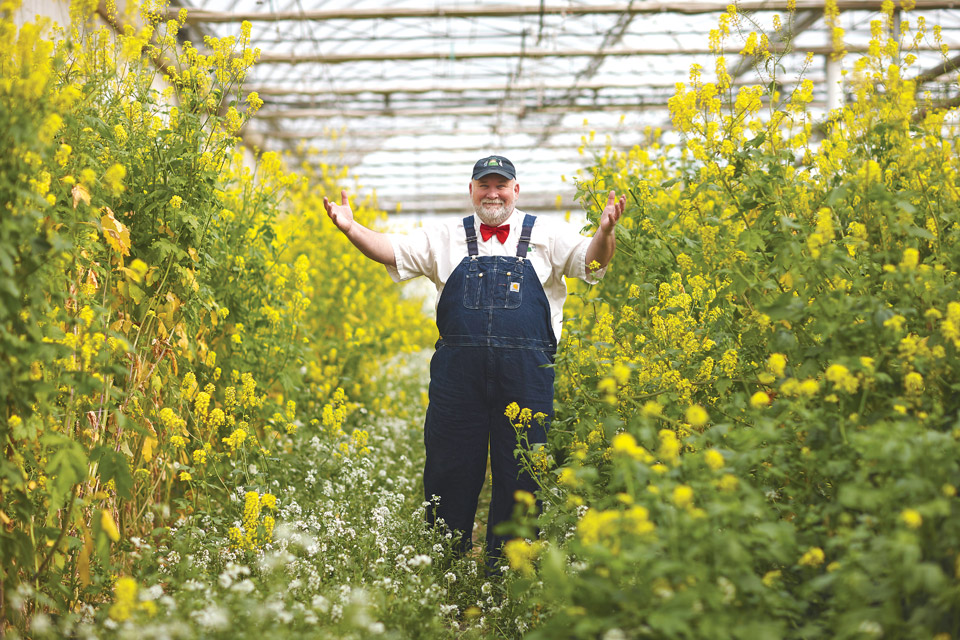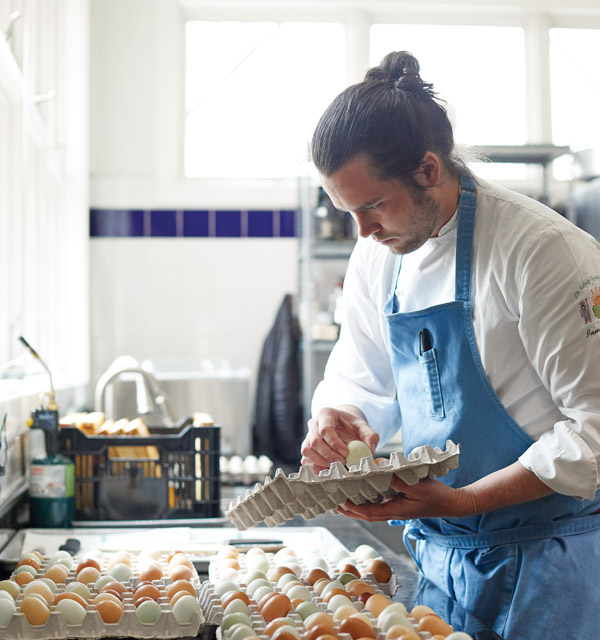Food + Drink
Farmer Lee Jones’ The Chef’s Garden Grows Ingredients for Customers Around the World
Lee Jones and his family cultivate specialty ingredients for restaurants in all 50 states and a dozen countries. Here’s how they launched their groundbreaking business.
Related Articles

Gervasi Destinations Previews Menu and Look of Upcoming Restaurant
Olinda, a Stark County restaurant from the people behind Gervasi Vineyard, shares a look at what’s coming in 2026. READ MORE >>

Cincinnati’s Most Artistic Hotel Gets New Chef
Downtown’s 21c Museum Hotel announces that chef Corey Cova will helm the kitchen at its on-site restaurant, Metropole. READ MORE >>
.jpg?sfvrsn=63bdb638_5&w=960&auto=compress%2cformat)
Enjoy Family Fun on the Farm in Lake County
Visit Lake Matroparks’ Farmpark on June 21 and 22 for Dairy Days, where kids can milk a cow, ride a pony and more. READ MORE >>






